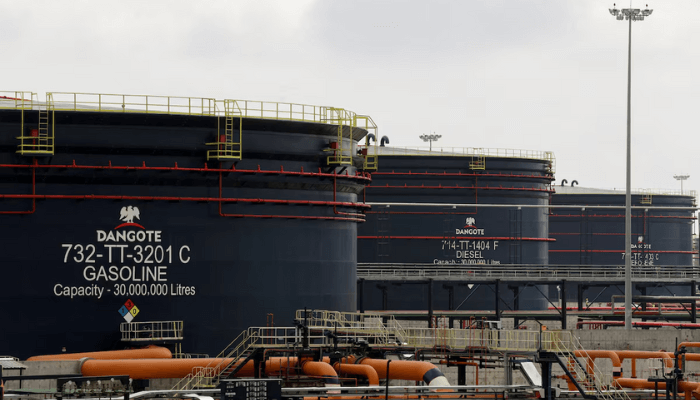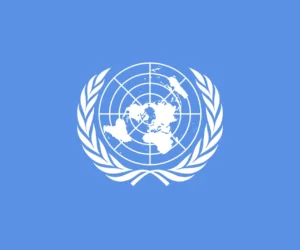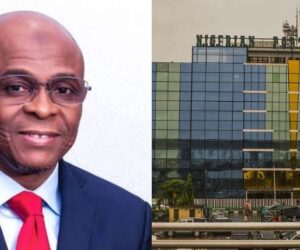…Ends Nigeria’s five-decade queues
Nigeria’s long battle with fuel shortages appears to be over as the Dangote Petroleum Refinery marks its first anniversary of petrol production with a major milestone: the export of over 1.1 billion litres of Premium Motor Spirit (PMS) between June and the first week of September 2025.
Aliko Dangote, president and CEO of Dangote Petroleum Refinery, announced the development at a conference on Monday, declaring that the facility’s operations have ended nearly five decades of recurring fuel queues across the country.
“We have been battling fuel queues since 1975, but today Nigerians are witnessing a new era,” Dangote said.
Since commencing petrol production on September 15, 2024, the 650,000-barrel-per-day refinery has consistently supplied the domestic market while creating new streams of foreign exchange through exports. Dangote revealed that the exports, alongside domestic supply, underscore the refinery’s ability to meet Nigeria’s demand while strengthening the economy.
The project, he noted, came with significant risks. “If it had gone wrong, lenders would have taken our assets. But we believed in Nigeria and Africa,” he said, recalling warnings from experts and government officials who argued that only sovereign states could embark on such a venture.
Read also: Dangote’s 4,000 CNG trucks to create 24,000 jobs
Despite scepticism, the refinery has had a dramatic impact on pump prices. Petrol, which sold for nearly ₦1,100 before production began, now retails at ₦841 in the South West, Abuja, Delta, Rivers, Edo, and Kwara States, with Dangote expressing optimism that nationwide reductions will follow as Compressed Natural Gas (CNG) trucks are deployed.
Beyond fuel supply, the refinery is set to drive massive job creation. Dangote disclosed that the company is rolling out 4,000 CNG-powered trucks, expected to generate at least 24,000 jobs. Workers, he added, are being offered competitive pay, insurance packages, and pensions.
“We have not displaced any jobs; we are creating many more,” he said. “Our employees earn salaries three times the minimum wage. Our drivers receive a living wage, life insurance, health insurance, and a lifelong pension.”
Dangote also revealed that the refinery’s capacity will expand to 700,000 barrels per day in its second year. Plans are also underway to make Nigeria Africa’s refining hub, the world’s largest exporter of polypropylene, and a leading global producer of fertiliser.
He called for stronger policies to protect Nigerian industries, warning against reliance on imports. “Relying on imports means exporting jobs and importing poverty. Nigeria must industrialise to secure its economic future,” he stressed.
The refinery, Dangote emphasised, will not compete in the retail market but remains open to partnerships with stakeholders in the downstream sector.








